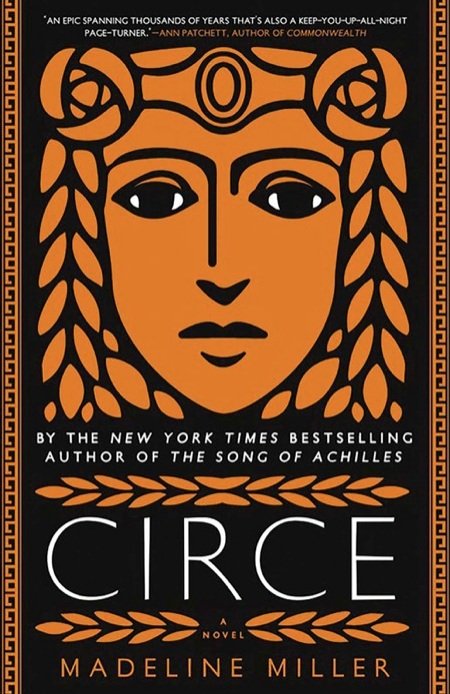Lady herbalists
Ever since I wrote a book about a woman who’s into herbs, I’ve been noticing them all over the place. I love that they often have excellent, nature-inspired covers. People seem to have a thing for them, and I like them, too (obviously, which is why I wrote one).
So I’ve compiled a list of the best lady herbalist books, ranked by level of witchiness (1 being the least witchy).
1. Year of Wonders by Geraldine Brooks
When the plague comes to your village and you all agree to quarantine yourselves from the rest of the world for a year and your resident herbalist dies, someone has to take up the mantle and figure out the witchy ways to try to keep people alive. That’s what happens in Year of Wonders. It was a great read overall, though sadly herbs didn’t seem to do much for the bubos. This is one situation where antibiotics come in handy.
2. Nefertiti by Michelle Moran
This book is told from the POV of Mutnodjmet, the overlooked sister of ancient Egypt’s Queen Nefertiti. Mutnodjmet’s thing is — guess what — herbs, and she supplies the women of the palace herbs for their various ailments.
Some of her discoveries, like the uses of chamomile and aloe, are pretty standard today. But I should keep in mind that this novel takes place almost 3,000 years ago and they discovered things back then that have become commonplace now.
3. Outlander by Diana Gabaldon
When I was first looking for herbs with certain effects and the internet wasn’t being helpful, I looked up what Outlander had to say on the subject. It had the answers I needed and unlocked my research. Gabaldon knows her plants and I’ll go out on a limb to suggest that her protagonist Claire is one of the most resourceful characters in literature, so it’s always an adventure to see what she comes up with.
Claire’s not a witch, but is accused of being one, so she gets a middle ranking for witchiness.
4. The Lost Apothecary by Sarah Penner
I think this book gets to the heart of why herbs have been so essential for women through the millennia—and then takes it to a really extreme place. This apothecary uses her powers to poison men who hurt women. Herbal vengeance is always a good time.
There’s no magic in this book, but the way business is conducted through a whisper network of women who want to poison the men in their lives gives it strong witchy vibes.
5. Weyward by Emilia Hart
This recent and quite popular novel centers around a little cottage in rural England, and three women who occupy it, but centuries apart. Spoiler: they’re all witchy. Similar to The Lost Apothecary, it captures the intense ways women have used herbs to take some power and control over their bodies back from the men in their lives. This concept is what drew me to herbalism when writing my novel, and what keeps me coming back to it when I’m deciding what to read next.
Unlike the previous books on this list, the women in Weyward have familiars (crows, of course), and a strong connection to nature that allows them to do actual magic. They’re officially witches. There’s even a witch trial.
6. Circe by Madeline Miller
This novel is the witchiest of them all. Circe is a real-life mythical witch/nymph/goddess who lives in exile on an island. She uses her witchery to do things like turn horrible men into pigs and then keep them in her sty forever (which I personally find kind of funny). This book will make you love herbalism if you don't already. It’s beautifully written.
Nonfiction shoutout: Physica by Hildegard von Bingen
This book on the medicinal uses of plants plays an important role in my novel. Hildegard was a 12th century German nun, mystic, composer, and healer. She was super stealth in sharing her findings — she constantly belittled herself for being a woman, and people (men) paid attention to what she had to say since they believed it came straight from God.
It’s hard to believe now that no one accused her of witchcraft, but back in the 12th century, the distinction between science and magic/miracles wasn’t as pronounced as it later became.






